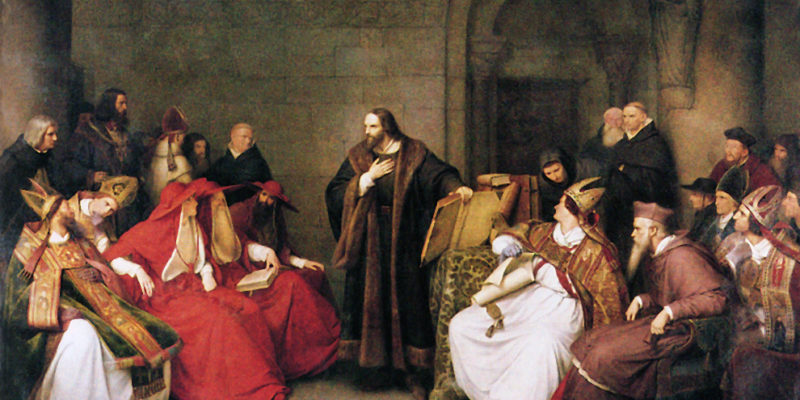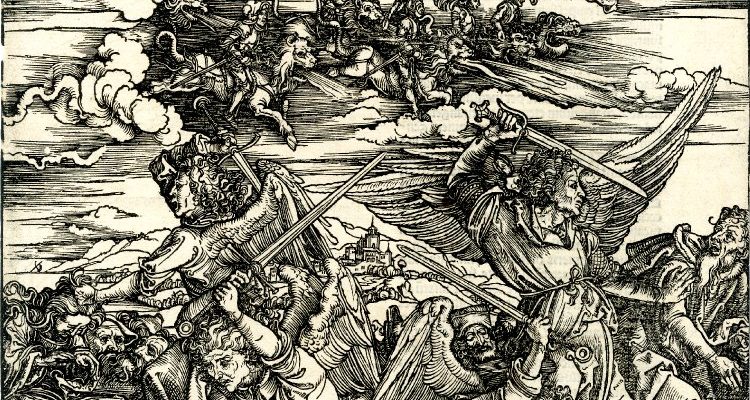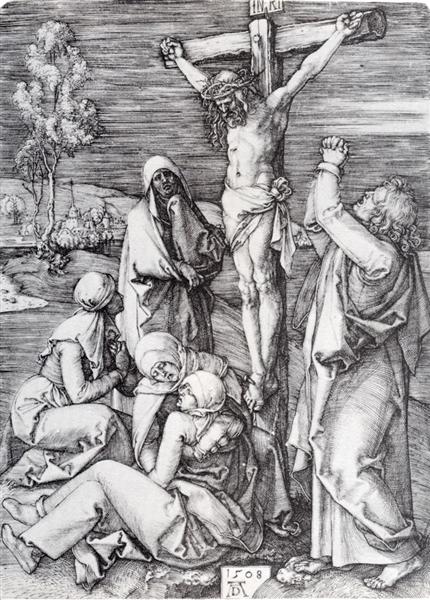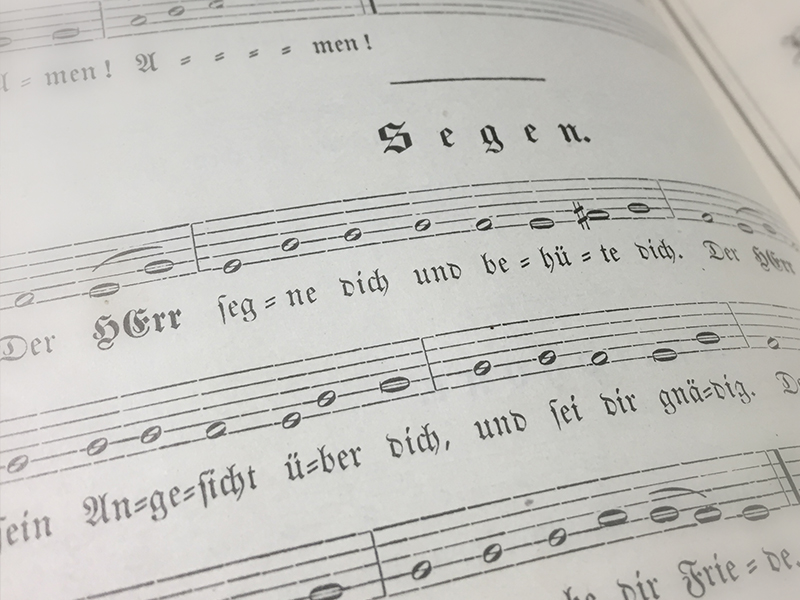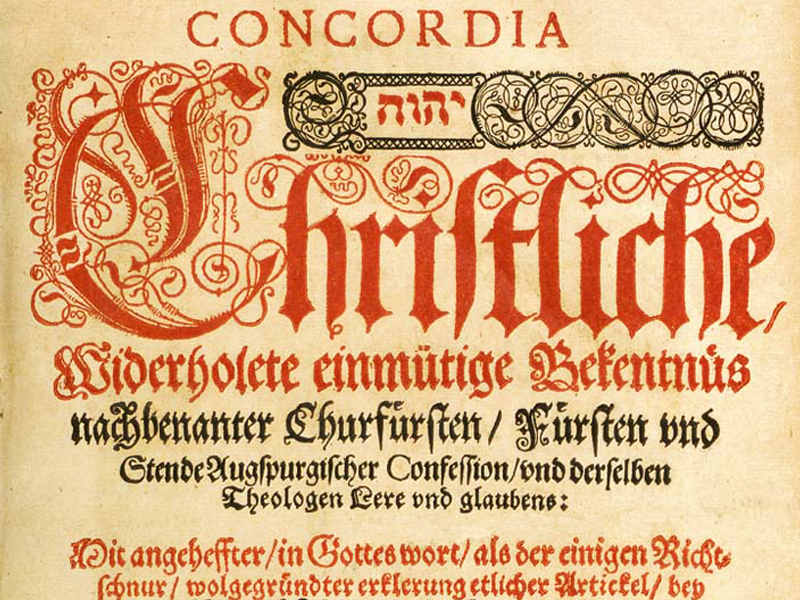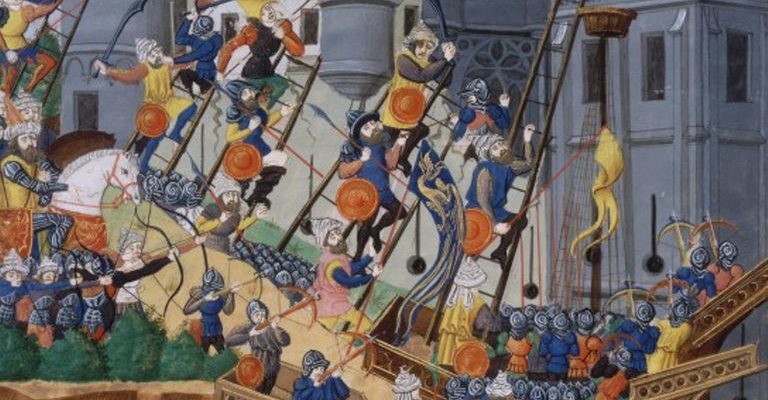Upon discovering the truth, Luther also discovered that God intended this Good News to be proclaimed into all the world from the mouths of His Christians so that the intended change would happen: that lost and condemned sinners would be converted by the Gospel into believing, righteous, saved Christians.




